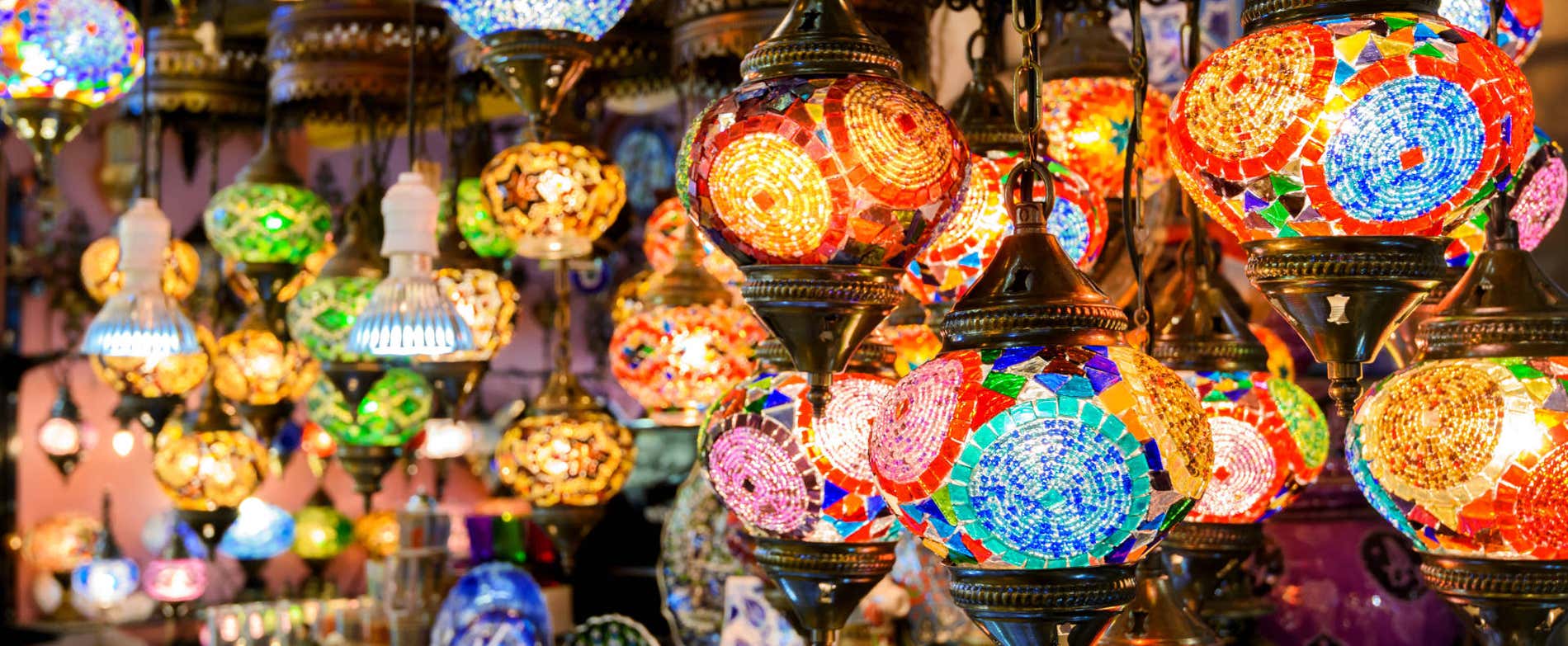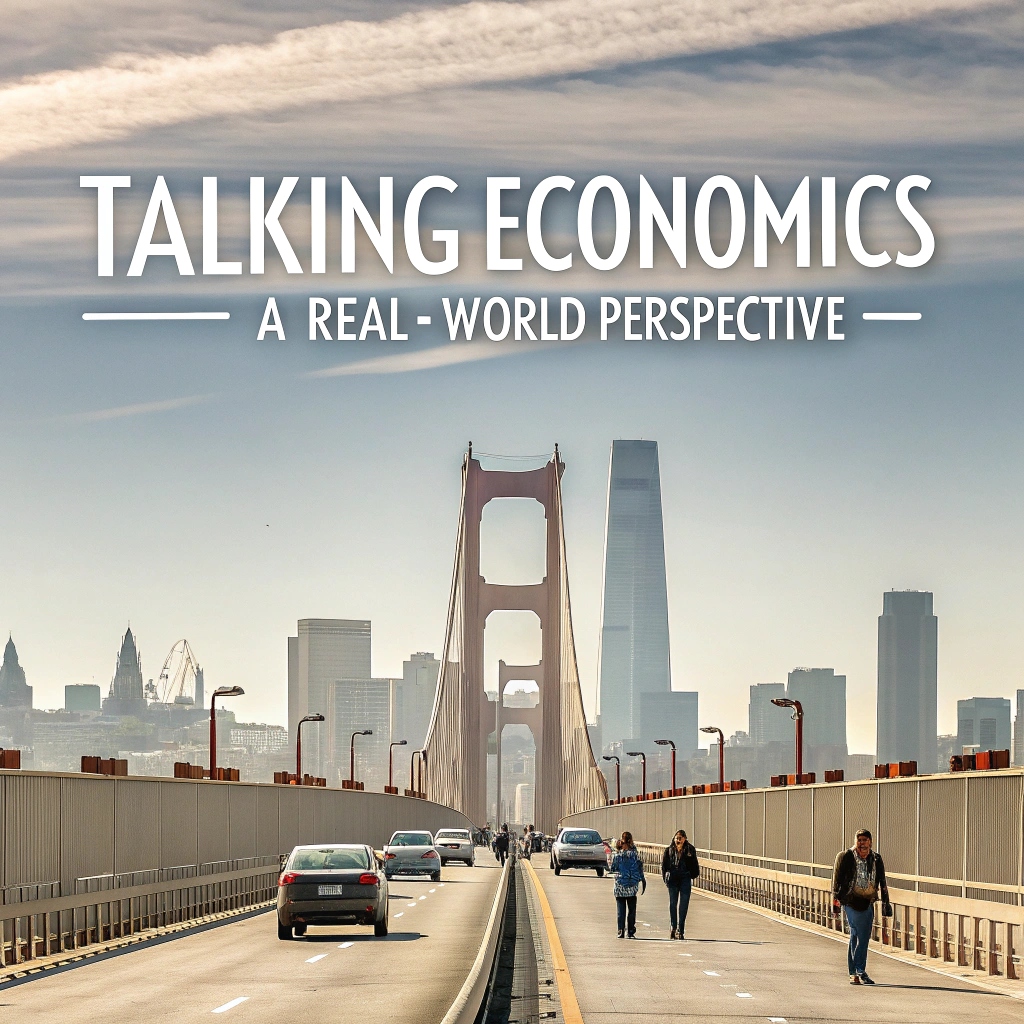Market development is economic growth. So, what is necessary for markets to develop? While scholars explain this using various theories, the essentials for a market are fundamentally freedom and trust. Furthermore, markets develop as transaction costs decrease.
Freedom
There’s a Vietnamese proverb that reportedly says, “Blocking the market is like blocking a flowing river.”
If there is a single essential condition for a market to exist, it is freedom. Freedom inherently implies the possession of private property rights. If one cannot do as they please with their own belongings, freedom cannot be said to exist. When freedom, including private property rights, is granted, self-interested humans find various ways to make these rights more secure and to expand them. They leverage their expertise, pursue the division of labor, create methods of collaboration, and accumulate capital and technology for mass production.
Freedom in the market is founded upon private property rights. If you cannot freely dispose of your own property, freedom does not exist. And driven by self-interest – the sense of “this is mine” – people work hard and innovate.
In the early 1990s, almost all trucks in Vietnam came to a standstill. The operational trucks were aging models received as aid from the former Soviet Union, and parts were unavailable. With the national transport system nearing paralysis, the Vietnamese government granted ownership of the trucks to the drivers. Suddenly, all the trucks started moving again. Once the trucks became their own, not everyone’s, the drivers found various ways to repair them.
One of the most practical examples of ownership driving economic growth can be found in socialist collective farming systems. During the Soviet communist regime, all agricultural land was state-owned, but exceptionally, small garden plots in front of each home were recognized as private property. This land accounted for only 1% of the total cultivated area. Yet, the produce from this 1% of land reportedly constituted about a quarter of the total agricultural output. In the late 1970s, rural China shifted from a collective production system to an individual one. This new motivation for individual farmers led to a surge in food production. No government poverty eradication program could be as efficient.
John McMillan, author of Reinventing the Bazaar (or The Birth of the Market as potentially referenced), which contains these stories, further poses the question: what if IBM had acquired Microsoft? When Microsoft was founded in 1974, IBM could easily have bought it and incorporated it as a department if it had wished. McMillan argues that had this happened, a giant corporation like today’s Microsoft would likely never have emerged.
Private property rights signify the legal guarantee of economic freedom. Property rights apply not only to physical assets like real estate, stocks, and bonds but also to intangible assets such as patents and copyrights. The desire to create and own things drives people to work and compete fiercely. That’s why Abraham Lincoln, the 16th President of the United States, remarked that “The patent system added the fuel of interest to the fire of genius.”
Thus, freedom regarding individual property rights fuels competition. Competition efficiently allocates a society’s resources. A restaurant run by someone who can’t cook delicious food will soon close, while one with tasty food will be bustling with customers. Ingredients ultimately flow to those with skilled culinary hands.
Through the competition between buyers and sellers, information emerges in the form of prices. Competition establishes appropriate prices, resources flow to those who can generate the highest value, and the greatest added value is created. Competition enables the law of supply and demand to operate. From this arises crucial market information – namely, prices. Through such free competition, better ways to utilize resources are discovered, and the economy grows. Or rather, it evolves. Friedrich Hayek, the 1974 Nobel laureate in Economics, pointed out that competition is a “discovery procedure.” This discovery procedure signifies the process of evolution.
Trust
However, this doesn’t mean that markets can always function perfectly well on their own. The notion that “if left to the market, it will take care of itself” is only half correct.
While some people condemn regulations as inherently anti-market, if free-market competition devolves into pure laissez-faire, the market is unlikely to develop. We can demonstrate the necessity of trust in a free market with just one theory: Gresham’s Law, stating that “bad money drives out good.”
Gresham’s Law originated in an era when metallic currency was common. When pure gold coins and debased gold coins (mixed with other metals) held the same face value in the market, people began hoarding the pure gold coins at home. Consequently, the coins circulating in the market were predominantly the inferior ones; bad money drove out the good.
Historically, countless markets have seen this law in action. John McMillan cites the Indian milk market as an example. At one time, milk wholesalers began adding water to increase profits. Consumers had few ways to verify the purity visually. As more and more wholesalers adopted this practice to boost profits, prices fell. Sellers supplying pure milk saw their profits shrink and could no longer sustain their businesses at the falling prices, eventually exiting the market. The milk market neared collapse.
Ultimately, the government had to intervene. Only after incurring significant costs – distributing testing equipment, introducing compensation schemes, etc. – was the market restored.
Where regulation is imperfect, the phenomenon of “bad driving out good” constantly recurs. This is why situations still arise where new, genuine products are driven out of the market by similar, inferior fakes before they even have a chance to properly establish themselves.
Thus, if trust does not exist in the market, the market inevitably declines. The subprime mortgage crisis caused a loss of trust in American derivative financial products. Revitalizing such a market will require immense effort. Indeed, the crisis eroded trust in the US brand value itself.
Kenneth J. Arrow, the 1972 Nobel laureate in Economics, emphasized that “virtually every commercial transaction has within itself an element of trust… it can be plausibly argued that much of the economic backwardness in the world can be explained by the lack of mutual confidence.” For example, if wealthy Chinese consumers mistrust domestically sold goods and go luxury shopping in Japan, China’s domestic luxury market cannot develop. By that logic, one might argue the state of US financial products pointed to a form of American “backwardness” related to trust.
A lack of trust imposes greater costs on buyers, as they must spend more on gathering information about products. From the seller’s perspective, it also means it is difficult to sell at a fair price. This cost ultimately becomes a transaction cost, akin to a tax, for both buyers and sellers.
Political scientist and Japanese-American Francis Fukuyama classifies countries around the world into high-trust and low-trust societies. South Korea, along with France, Italy, and China, is classified as a low-trust society. And he designates economic powerhouses like the United States, Japan, and Germany as high-trust societies. In essence, the argument is that only high-trust societies can achieve economic growth. While formulating a global theory based primarily on the single variable of trust, especially based on observed outcomes, has its limitations, his point in his book Trust seems clear: “Widespread distrust in a society imposes a kind of tax on all forms of economic activity, a tax that high-trust societies do not have to pay.”
If buyers and sellers cannot trust each other, transactions inevitably slow down. Building trust is also a task that the government and market participants must undertake together. Such efforts can be called market design.

Transaction Costs
Transaction costs deplete part of the value of real assets and reduce the profits for both parties involved in a transaction. The concept of transaction costs includes the preliminary expenses incurred before a transaction can even take place. The cost of finding someone who has the product you want—information costs—is also a transaction cost. Taxes on transactions and fees for space (like stall fees) are also transaction costs. eBay and Auction [or similar online auction platforms] are successful business models because they reduce the transaction cost known as information cost—the cost of finding buyers and sellers—by using the internet.
When transaction costs decrease, markets develop. Advances in transportation and communication created the vast markets we see today, making people better off. China created the Silk Road, connecting East and West, while Rome built roads leading to Rome. Spain and Portugal opened sea routes and brought back immense wealth from the New World. However, these nations lacked the memorable markets and supporting institutions we associate with sustained development. Ultimately, due to the absence of well-developed markets, the wealth they created gradually flowed out to neighboring countries.
The Netherlands became the center of European trade by reducing transport costs through advancements in navigation and shipbuilding. The Industrial Revolution, sparked by scientific progress, could be said to have been completed through market expansion driven by highways, railways, and maritime technology. Communication tools like the telephone, fax, and the internet drastically reduced the cost of long-distance transactions. Reducing transaction costs develops and expands markets. This means more transactions occur and the variety of goods traded increases. Indeed, as the cost of information gathering decreased with the internet, even miscellaneous items that were previously untradeable are now being exchanged. Old records, books, and toys once abandoned in attics are now traded.
As numerous buyers and sellers gather, prices increasingly begin to reflect true value. As economists say, a perfectly complete market doesn’t exist, but we are moving towards such markets.
Transaction costs, too, can be surprisingly reduced by freedom and competition. Competition directs buyers towards the most efficient sellers. Goods that once reached the final consumer through multiple intermediaries will increasingly be supplied at lower prices by more diligent merchants. Thanks to their efforts to lower transaction costs, consumers receive products at lower prices, and in return, these diligent merchants become wealthy.
A market is not merely a place for exchanging products and services. It is a university of life and a laboratory. While some inevitably fail, it is where methods for successful living emerge, and where encounters create new jobs. For the economy to grow, the market must develop; and for the market to grow, diverse encounters must take place.



답글 남기기